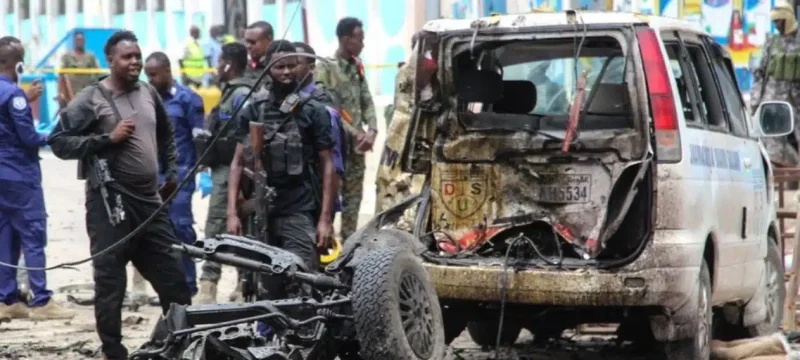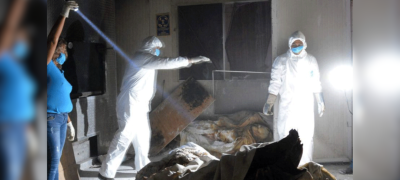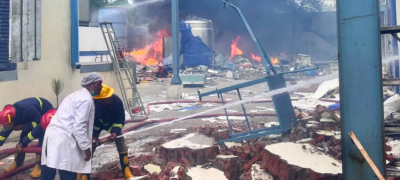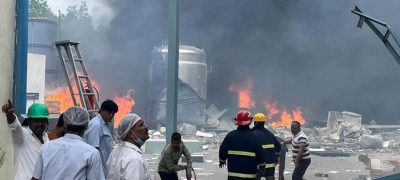In central Somalia, a suicide bomber drove a truck filled with explosives towards a security checkpoint, resulting in the deaths of 13 individuals and the injury of many more. The powerful blast not only claimed lives but also caused nearby buildings to crumble, trapping residents under the debris.
The attack specifically targeted a civilian area, with the majority of casualties being innocent civilians. This devastating incident occurred in the town of Beledweyne, situated in the Hiran region. The attack transpired at a time when Somalia’s government is grappling with substantial challenges in its ongoing struggle against the Al-Shabaab militant group.
Also Read: Following a suicide, the FIA begins a massive crackdown on loan applications.
Al-Shabaab, an Islamist extremist organization, has been waging an insurgency for over 15 years, with the ultimate goal of overthrowing the fragile government in Mogadishu, which is supported by the international community. The group has consistently posed a significant threat to peace and stability in Somalia. Unfortunately, no party has claimed responsibility for this particular suicide bombing, leaving investigators to piece together the details surrounding the tragic event.
The consequences of this attack are far-reaching, with both immediate and long-term implications. Beyond the loss of life and the physical destruction of property, such incidents further erode the sense of security and stability in the region. Somalia’s government had recently expressed optimism about its military offensive against Al-Shabaab but has now faced unexpected challenges that have strained its forces and revealed vulnerabilities in its frontlines. In light of these developments, the government has requested an extension of the timeline for the withdrawal of foreign troops, a move that underscores the complex and evolving nature of the conflict.





